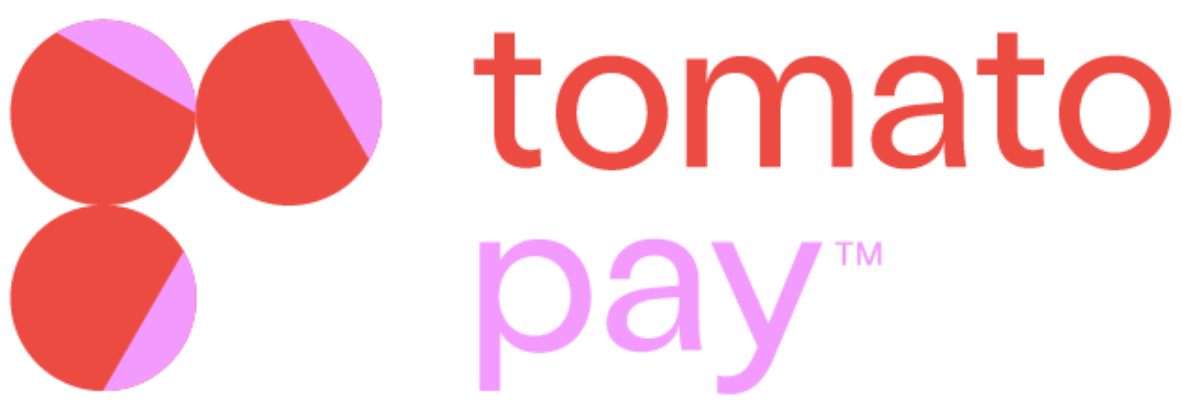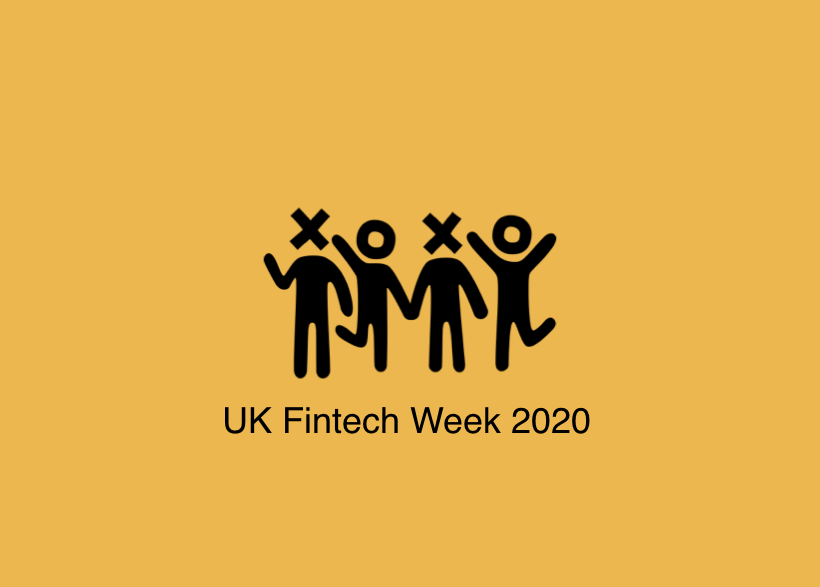The importance of Fintech Week
If you didn’t work in the financial services industry, would you know what Fintech Week is and what it aims to do?
Around this time last year, I started working as an API-engineer (more about what I do towards the end) at a company whose vision it is to reinvent the financial services industry as we know it today.
This is my second Fintech Week. It’s only now that I have realised the importance of these five days dedicated to the disruption of the finance industry.
What started as an initiative to promote fintech in the UK, Fintech Week, which launched six years ago - continues to shape the discussion around the various developments and changes in an industry that shows no sign of slowing down.
Innovators and thinkers from all around the world meet up over the course of a week and attend various events (Innovate Finance’s Global Summit holds the title as the biggest event of the week) to discuss, debate and share ideas on how we can all change the finance industry and impact the world positively through it.
As someone who spends the majority of my time at tomato pay (formerly known as Fractal) working intimately with our technology, I confess that at first, the importance of events like Fintech Week was a little lost on me. I understood it to be a lot of client-facing people networking - not a bad thing, but again, not for me - or so I thought.
Working in such a close-knit industry has shown me that we all work best when we collaborate, and that’s what Fintech Week is - a global call for collaboration no matter your job description, your title or your background.
Especially in such uncertain economic times, we should all work together to create a whole new world of banking and seek to democratise financial services.
We can only do that if we are willing to understand each other better and resist the urge to silo ourselves. We should try our best to participate wherever we can, and further our learning. Going back to my example above, I was siloing myself into my engineering world not realising the bigger picture at hand and what these ambitious initiatives were truly trying to achieve.
By adopting this sharing culture, we are stepping into a world of unlimited services. Financial services can incorporate new technology by collaborating with fintechs in key areas that they require support in and positively impact the efficiency of their services.
It’s no wonder that the spirit and energy around Fintech Week remain high. The industry has the rare opportunity to make a significant difference in the world if we all work towards the same goal.
So, how am I contributing to the transformation of the financial services industry?
Well, as I sit here writing this, I realise it is almost lunchtime, and all I can think about is soup; if only there were a quick and easy way to make it right here at work.
If it were a perfect world (for me), there would be an application shop to cook soup at work, in minutes.
The shop would have all the applications for all the tasks that are required to make soup.
- First, you would put in all your preferred vegetables into an application that gives it back to you chopped up and ready to cook.
- Another application would take in the garlic cloves and return them roasted and squeezed out from their skin.
- Then an application would correctly cook the vegetables.
- Then another application would give you a broth made with ingredients selected from the settings menu.
- You would blend all of these ingredients with salt and vinegar in an application called ‘the blender’.
- Finally, you would add a spoonful of ricotta, seeds (roasted from another application) and basil leaves (for a personal touch).
- When all of these applications are configured together and they are executed in the right sequence, soup is ready in minutes, from scratch.
By applying the same thinking to the financial services industry, we can radically change the way we all bank, and that’s what I am currently creating today - financial services offered by APIs made available as easy-to-integrate bricks which allow siloed systems to talk to each other for development and increased productivity.
These APIs that I work with rely mainly on access to open data. Before Open Banking, banks and accounting sources reserved their access to data. Today, we can see that future developments in technology and finance rely heavily on access to a variety of datasets.
By opening up data, the collaboration between fintechs and traditional financial organisations benefit small businesses and consumers who are able to receive personalised services.
Fintechs can now focus on the core technological-activities and help financial innovators offer tailored products. This collaboration allows fintechs to give a fresh take on archaic financial infrastructures. Traditionally, banks only offer core-banking services. With APIs, they are able to offer relevant, intuitive, smarter services, thereby broadening their scope benefiting all parties involved.
Innovation is not always about something new, it can be about putting together the right components in a better way to serve customer needs, and at the heart of it all, Fintech Week is about these types of discussions that make use of each other’s smart solutions to solve a bigger global issue, collaboratively, together.



-3.jpg)


